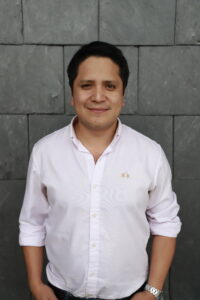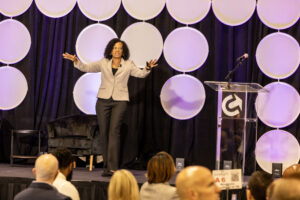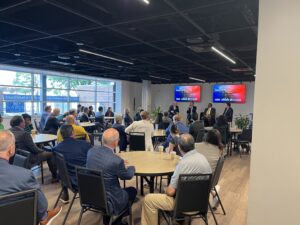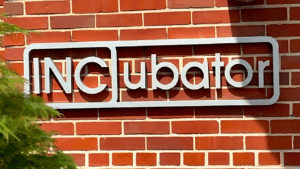Rose Opengart, Ph.D.
Ask yourself: can you afford to work in the wrong job for the wrong organization? 86% of employees are looking for a new job (Right Management Manpower Group). 70% of American workers experience stress-related illnesses (48 Days, Miller). There is a 33% increase in heart attacks on Monday mornings (LA Times).
Why are people stuck? The idea of change — and potentially failing — can be scary and stressful. And I want to convince you that the interview should be as much for you as it is for the organization.
This is what I have seen repeatedly as a career coach: People have chosen a particular career because of their culture, parents or even something they saw on TV – this leads them to invest time, money and skill development in a path that becomes difficult to escape from. Is this you? And then after college or a few years of work, you feel you invested too much into your current career to warrant a change.
But if you have decided that your work situation calls for a change, do you know why? Do you know what you are looking for? Simon Sinek said, “Most of us live our lives by accident. Fulfillment comes when we live our lives on purpose. Knowing your WHY provides a filter through which you can make decisions, every day, to act with purpose.”
I argue that the same is true about finding your WHERE. Because where you work can make all the difference in the world in your happiness. Why? Because people are attracted to organizations that match their values and interests. When values are congruent and there is a good match, employees have higher job satisfaction and want to remain for the long term.
So, how do you go about finding your where? How can you get to know a potential employer as well as they get to know you? How do you determine what it will be like to work for an organization before you make the crucial life decision to join them? You turn the tables! Determine what you are looking for and then change your way of thinking about interviews. You need to interview the interviewer. Why put yourself in a helpless, victim-like position? It’s time to disrupt the interview process. It’s time for a revolution. You are not a human resource. Be in control, be purposeful and be intentional in your career choices.
Begin by considering the following categories of criteria and rank what is most important to you:
- Work Environment and Relationships
- Culture and Values
- Work-Life Balance
- Diversity
- Mission/Vision/Organizational Health
- Future Job and Career Opportunities
- Compensation and Benefits
- Learning and Development Opportunities
Turn the Tables and Ask Questions
Now when you go in for your interview you will know where to focus your questions and observations. Ask the questions you need to ensure that your needs will be met by this job, by your future manager, by this organization and by this environment. Questions for the interviewer are not just to impress him or her. You should be asking questions to learn about the opportunity and decided for yourself if it is a good fit.
Here are examples of questions to ask, one from each category above:
- What are some ways that the organization ensures that its employees are continuously learning?
- If there is a bonus plan, what is it based on?
- How would you define an excellent worker? Are there certain qualities and characteristics that are important for a person to be successful in this position?
- Describe the organization’s leadership and management styles.
- What was the last achievement celebrated?
- How does this role contribute toward furthering your organization’s mission?
- What challenges and opportunities does the organization face? How is the organization planning on addressing them?
- How does the organization support career development? What are the opportunities for growth and advancement?
- Could you give me your best estimate of turnover in the last three years within the entire organization and within this department?
Observe
Not only can you ask questions, you can also observe:
- Lunch-time activity: The lunch hour can provide valuable insight into work-life integration. Take note of what people are doing. Are they eating lunch in a break room or cafeteria, or at their desks while working? Are they leaving the building for their lunch break?
- After-hours environment: The 5 p.m. hour can also bring some awareness. Are employees still working at their desks or are they leaving? Do they appear to be taking work home with them?
- Fitness and wellness center: Does the organization have a gym? Does it offer wellness programs onsite? These things are good indications that the organization cares about the health and work-life balance of its employees.
- Pictures on office walls: Do people have pictures of their children on the walls? This is a good sign. In an organization which discourages family time, they would be less likely to have family pictures displayed.
Do you want to be the next one having a heart attack on Monday morning? Don’t live your life by accident.
Rose Opengart, Ph.D., is an expert in human resources and numerous career assessments. In addition to her experience hiring for companies in multiple industries and as a college professor teaching HR, Opengart is the President of Interviews That Work, using her passion for work-fit and happiness to help people be intentional with career decisions and achieve fulfillment and success. You can find her at interviewsthatwork.com and read more on this topic in her book: “Find Your Where: Turn the Tables, Negotiate Your Success, and Do Work and Life on Your Own Terms.”









